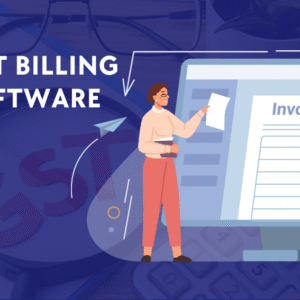All business owners know that they have to pay the taxes and that their suppliers have to be paid in full and on time. However, many a business owner will, from time to time, neglect an expense or two that will turn out to be very negative surprises once they do their books for the quarter. These are not huge expenses, but they do pile up and they can really be the spokes in the wheels of an otherwise very successful company.
So, what are these expenses and why business owners should keep an eye on them?
Wrong Hiring Decisions
At first glance, hiring the wrong people does not seem like something that should be tied to the finances aspect of running a business. It is an HR issue and it should be treated as such, right?
Well, not exactly. The fact is that hiring the wrong people can turn out to be a huge expense, especially if this is something that happens on a regular basis. To best understand this, we should mention a few things on which you will be effectively wasting your money if you hire the wrong person.
First of all, you will be training someone and providing everything they need to start working. This will cost you some money, no matter how you choose to do it. Then, for the first few months, you will be paying their salary without getting too much done in return (even the best hires need some time to become productive). After that, you will be getting more months of halfhearted work that will be nowhere near what you expected. Finally, they will either leave you unexpectedly or you will have to fire them. Either way, you will need to spend more time on doing all of this again.
One way to battle this is to make sure you always hire the right person. This should be a structured process and you need to be careful when doing this. It can be done, though.

Various Licenses and Paperwork
The paperwork that is involved in running a company can be overwhelming, especially if one is not prepared for it. For one, all of this paperwork and getting of licenses will take time out of your day and when you add it all up over the course of a year, you will have lost hours of precious time on stuff that is completely inconsequential.
Moreover, taking out of all the licenses and handling the paperwork will be a direct cost since all of this can cost money. You will need to pay the government for a number of licenses and identification numbers that will be necessary to register your company. Then, you might have to factor in the surety bonds costs, if your industry requires it. You will also be paying various benefits to your employees and whatnot.
All of sudden, there are hundreds and thousands of dollars going out of your company purse and you never factored them in.
Make sure you do.
Things Going Wrong
Most business experts will agree that you have to have a budget for when the rainy days come and when unexpected problems occur. The only problem with this is that this is actually a continual series of events that do not even look like events after a while.
In other words, after a while, you realize that running a business is almost always accompanied by smaller or larger issues that require some financial investment to go away.
It can be something as mundane as a pipe bursting and flooding your office for two days and a week more before everything is try enough to work. It can be something more serious such as a cybersecurity breach where someone steals your data and you have to close down shop for a couple of months. The list is absolutely endless and just when you think that nothing else could go wrong, you find out that it’s just the beginning.
If you want to be prepared, the best thing is to set aside an emergency budget that you will tap into if need be. This way you will not have to spend the money that you otherwise need to keep your company running on a day-to-day basis.

Closing Word
Be careful. There are more ways to spend money when running a company than you can think of. Stay on top of things and do not let the red column come as a surprise at the end of the quarter.






